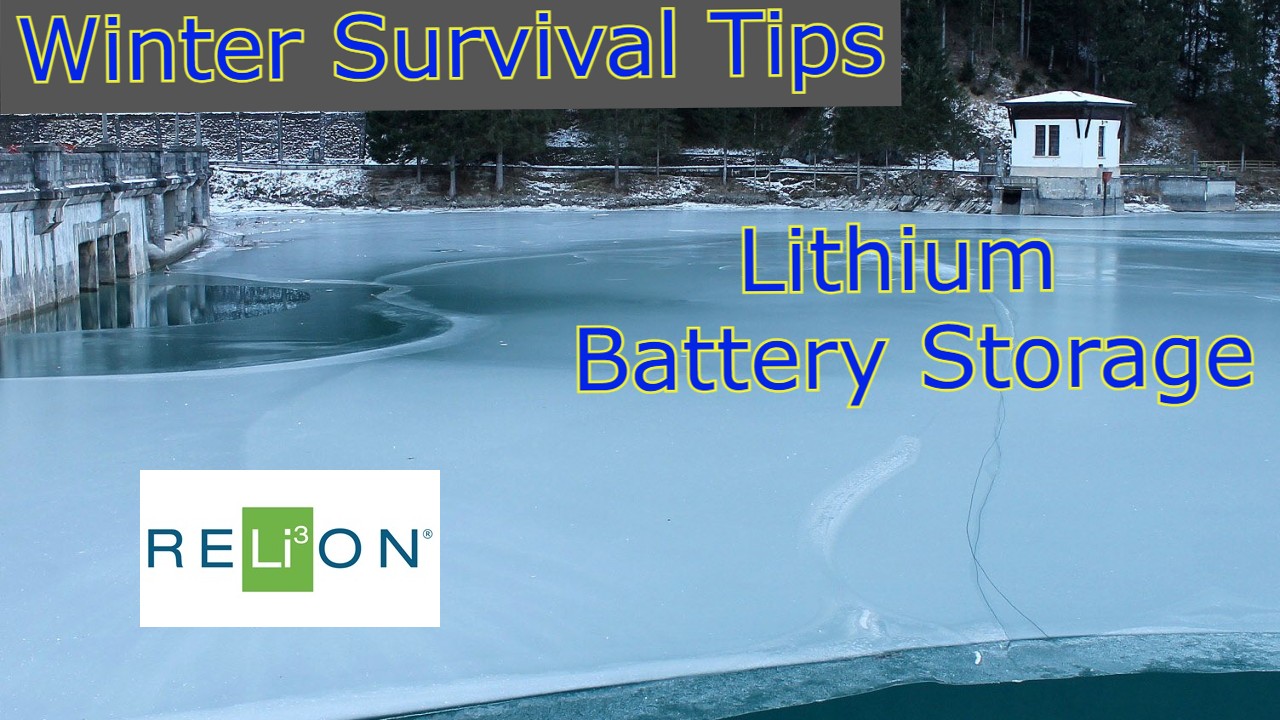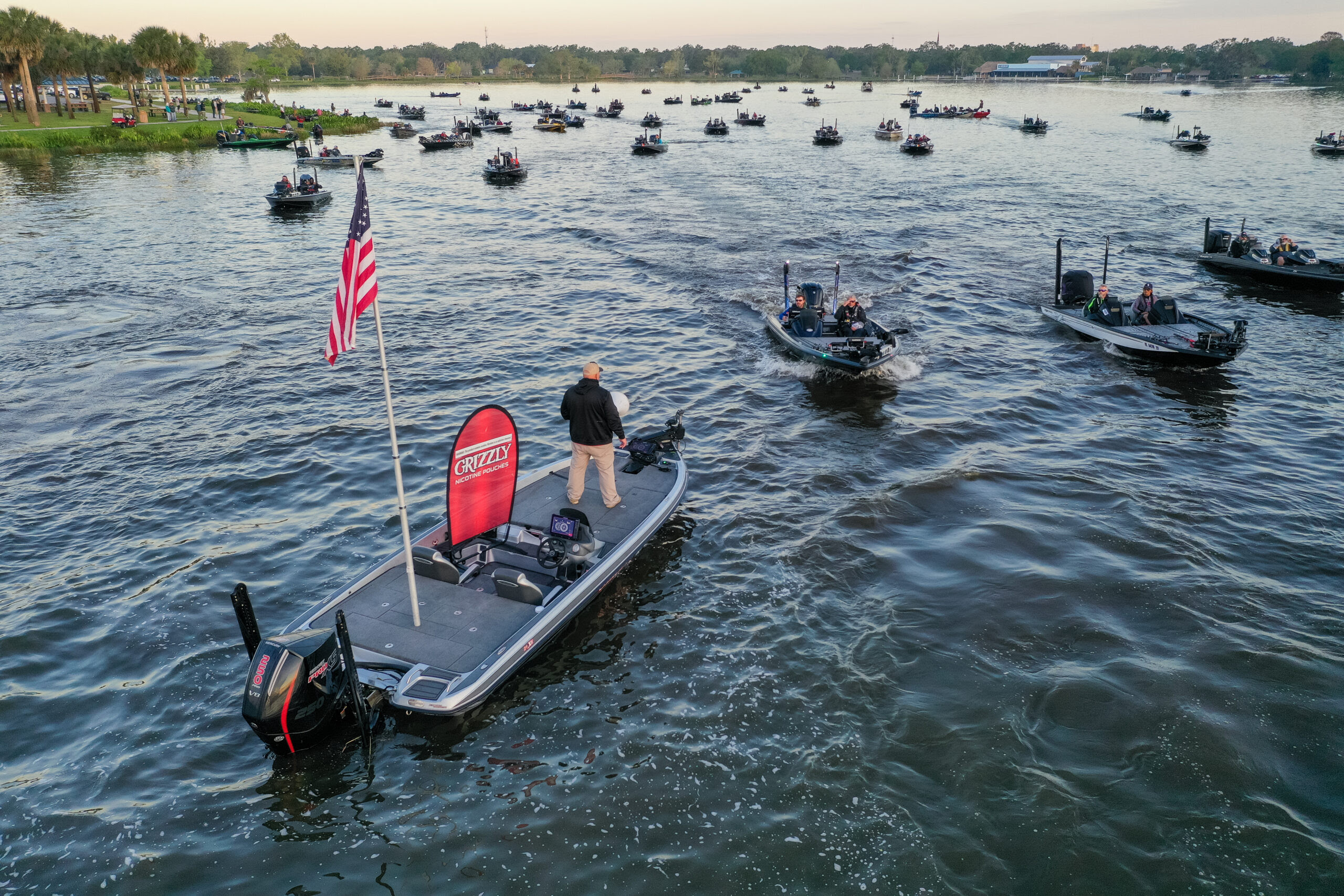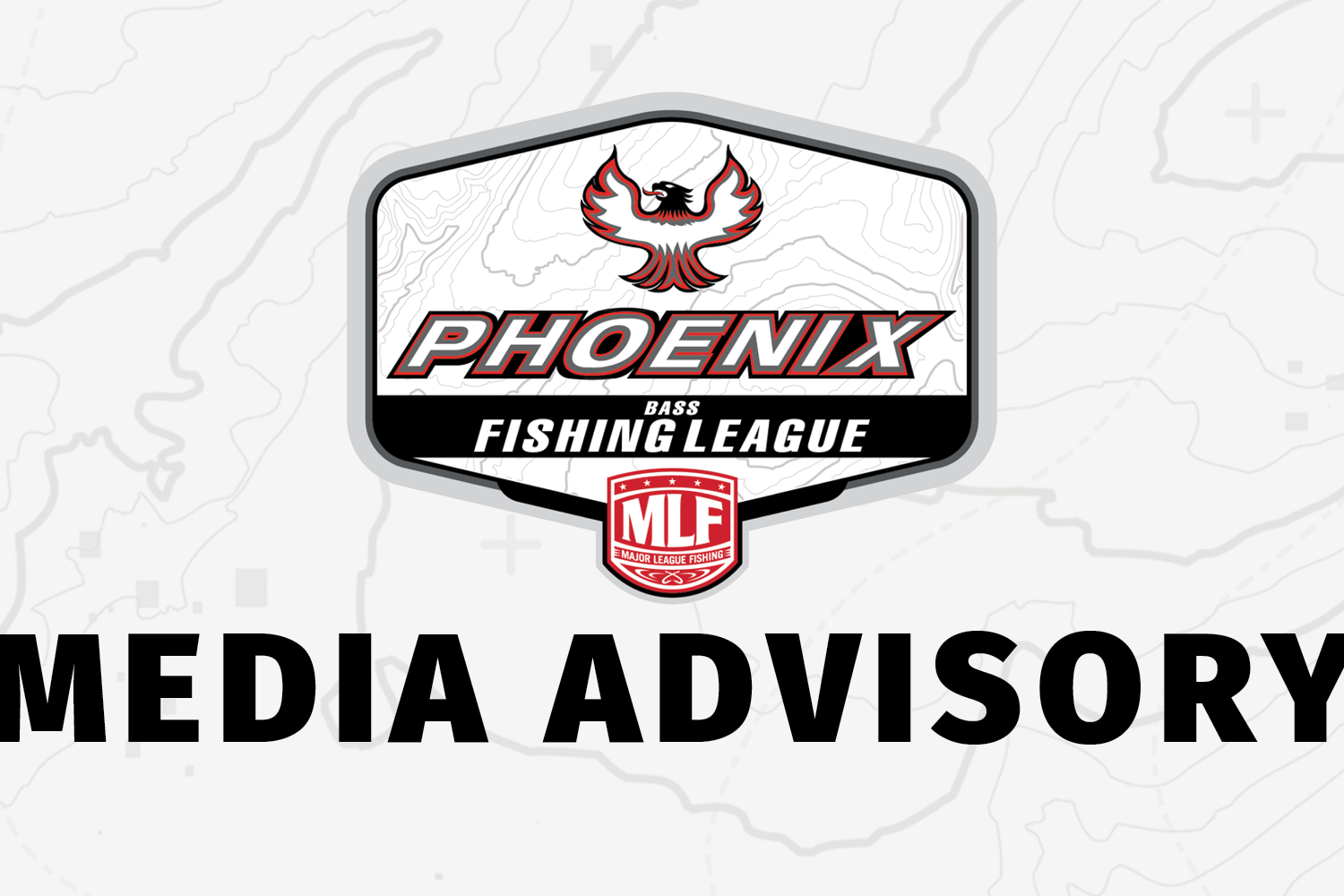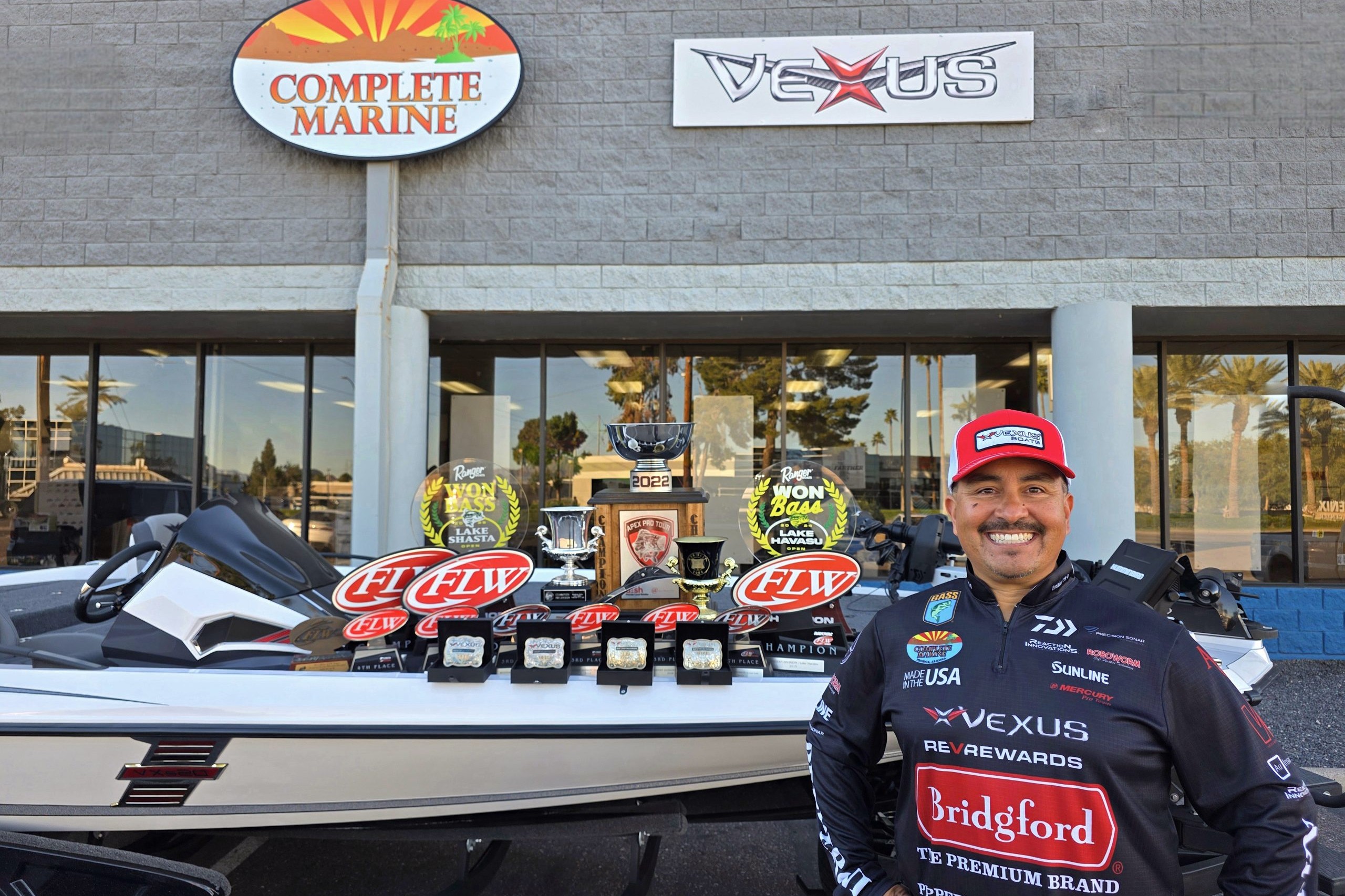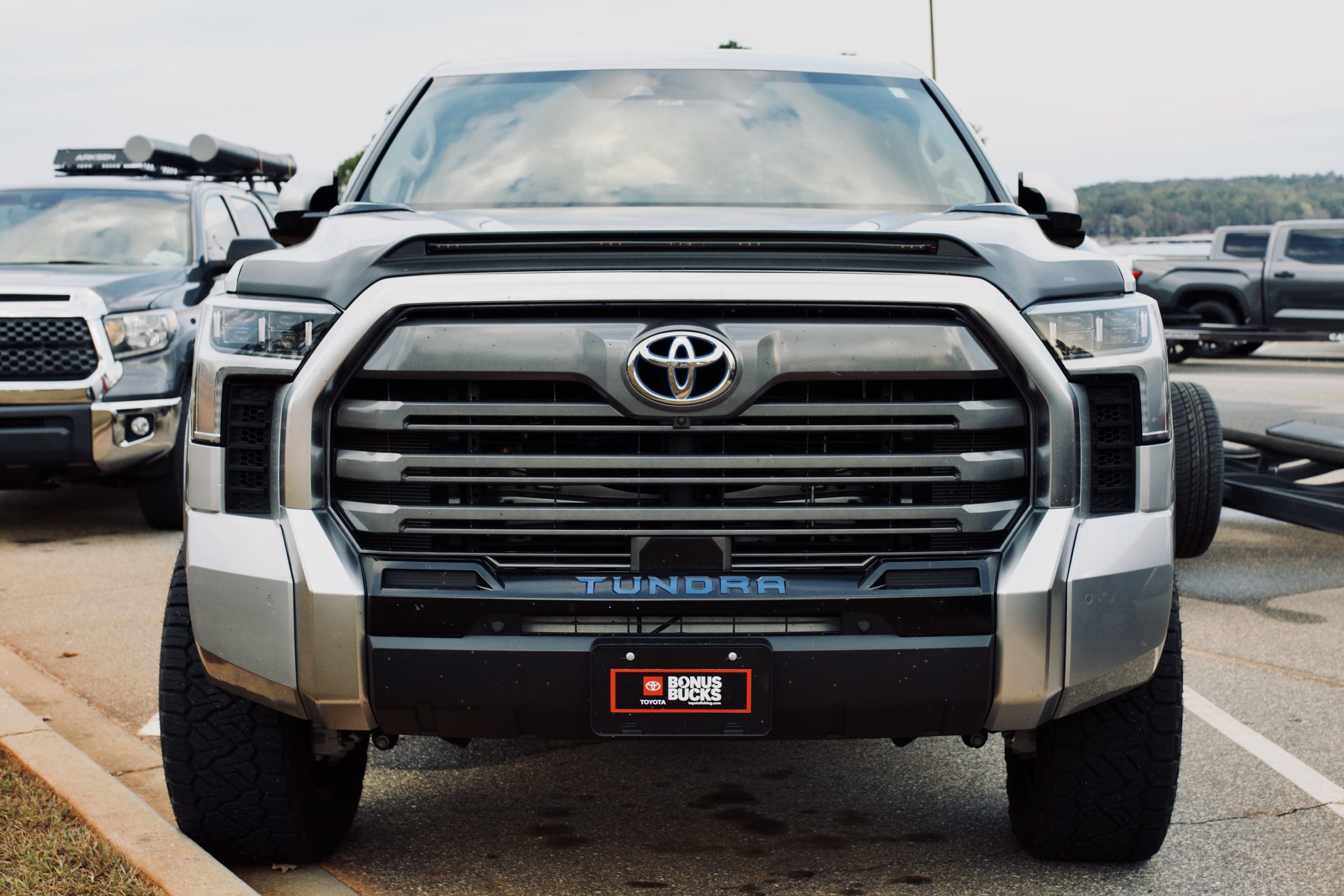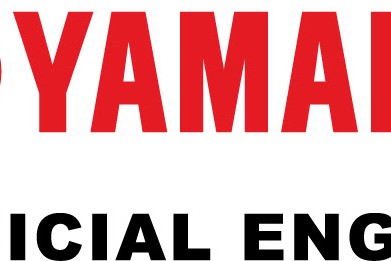Fishin’ Tip Friday – Lithium Winter Battery Care
With winter storms becoming the topic of conversation around here lately, we thought it would be a good time to revisit our “Winter Survival Tips”. We checked in with Dual Pro Chargers for some solid tips on lead-acid battery storage, earlier in the season. If you missed those, check them out, here.
This time, we’re leaning on the lithium experts at Relion Lithium Batteries for some lithium-specific storage tips for the cold months ahead. Overall, it’s surprisingly simple.
Make sure everything in the boat is truly OFF, and if you have a battery shut off switch, put it in the off positions as well. You don’t want any current draws on the batteries while storing.
Check the battery connections – Ensure that all terminal lugs are clean and tight. If the posts/terminals are dirty or show signs of corrosion, clean them up and then reconnect.
The BIG difference is that it’s better to store lithium batteries in a discharged state, than a fully charged state. We realize that is different than we’ve been taught with lead-acid, but it has to do with the battery chemistry.
Lithium batteries do not “like” to be stored at full voltage, so Relion recommends anywhere between 80% and 50% charge levels when you know the boat will be sitting for anywhere from weeks to months.
When it comes to charging up after a long winter’s nap, the recommendation is to actually discharge them further (i.e., just go use them) and then give everything a full charge when done.
There are some recommendations regarding charging temperatures. RELiON LiFePO4 batteries can safely charge at temperatures between -4°F – 131°F (0°C – 55°C) – however, they recommend charging in temperatures above 32°F (0°C). For a detailed charging breakdown, click here.
As far as operating your batteries in freezing temperatures, or using lithium for an ice fishing setup, you can rest assured the Relion lithium batteries are up to the task. Lead-acid batteries can lose up to 20% of their capacity in cold temps. Lithium iron phosphate batteries (LiFePO4), on the other hand, provide 95 to 98 percent of their rated capacity, even in the coldest temperatures. As a result, your lithium-ion batteries will last you for longer periods of time without having to be recharged compared to lead-acid batteries. In addition, lithium-ion batteries warm up when used, which helps to lessen the resistance in the battery, simultaneously increasing its voltage.
In summary, with Relion, it all boils down to don’t plug in after your last trip…or two…and make sure it’s above freezing when you plug back in to recharge. That process is much easier to handle than all these winter storms!
